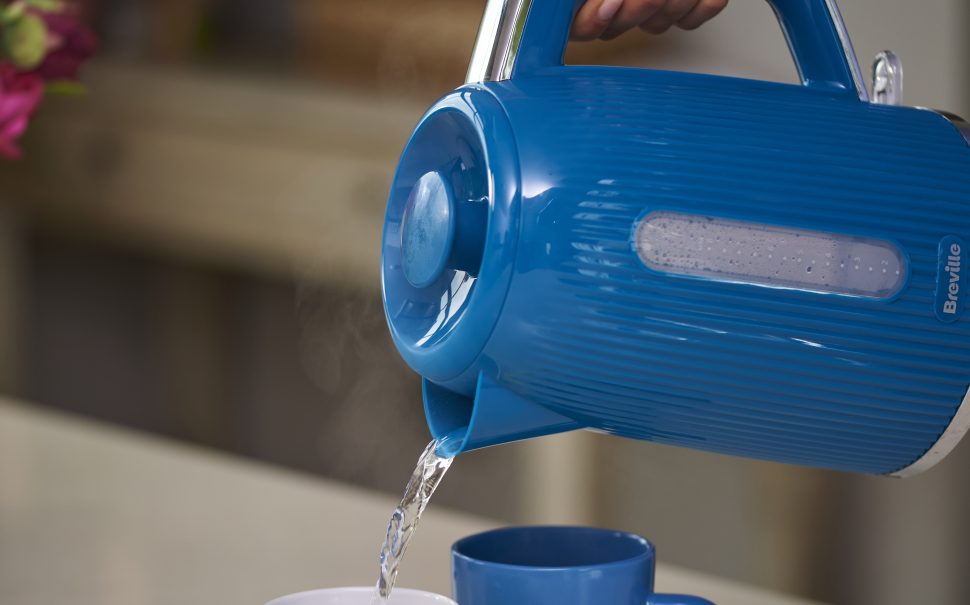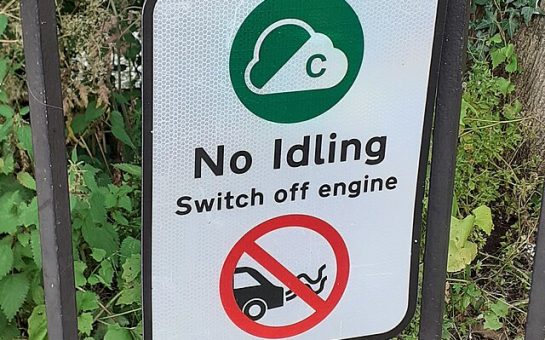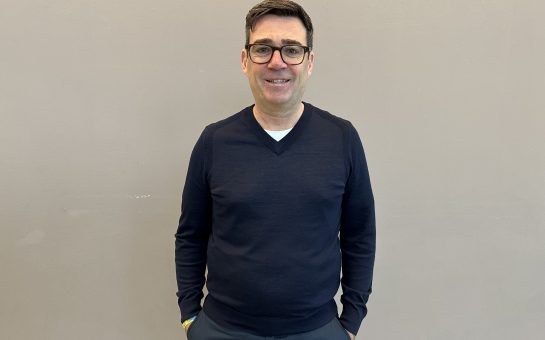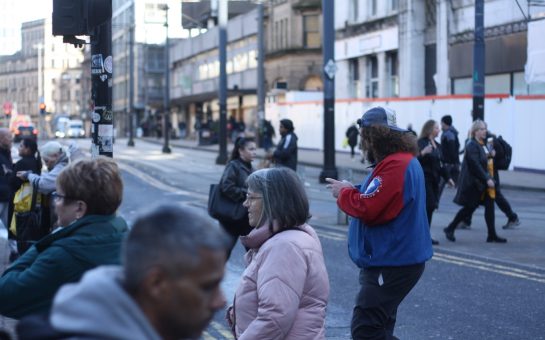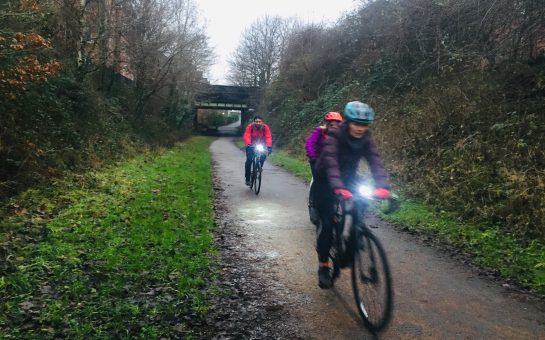The Great British cup of tea is firmly at risk if taps stop flowing, with the UK facing a shortfall of 200 million litres of water by 2038.
New analysis shows that the UK’s water demand is set to outstrip supply, which will leave the nation short of the equivalent of more than a billion cups of tea.
The projected shortfall will be reality within 15 years, with cross-party think-tank Demos developing a report, supported by Affinity Water, outlining eight policy recommendations and collective action needed to keep Britain’s taps flowing.
Affinity Water is calling on the public to sign a Change.org petition asking UK political parties to incorporate their recommendations – developed in consultation with government, policy makers, academia, home builders, climate experts and the water industry – into their upcoming manifestos.
These include resurrecting the post of Minister for Water, creating a National Water Council and implanting better training for plumbers and installers to reduce leaks.

It also includes compulsory water meters for all households, and providing a range of tariffs which determine the price consumers pay based on usage.
Keith Haslett, Affinity Water CEO, said: “As the UK’s largest water-only company, we and the wider water industry have a responsibility to protect the UK’s water supply and help customers reduce their water consumption.
“We are acutely aware of the challenge here and we are working to improve the resilience of our network, ensuring we do our part to save water.
“We have been investing in the award-winning behaviour change programme, Save Our Streams, for three years.
“Nearly 300,000 customers have joined the campaign since it was launched in 2021, and last year, households in the Affinity Water region collectively saved millions of litres of water every day.”
While the UK is deemed to be a nation that sees a lot of rain, research conducted by Demos and Affinity Water found there is public concern towards the impact climate change will have on the UK’s water supply.
WRSE reports confirmed that whilst February 2020 was the wettest on record, July 2022 was the driest for almost 70 years.
Andrew O’Brien, Demos’ Director of Policy and Impact, said: “We need a truly national effort to ensure that we meet future demand.
This will require the government, water industry, business and citizens working together towards a common goal – making the UK as water efficient as possible.”
